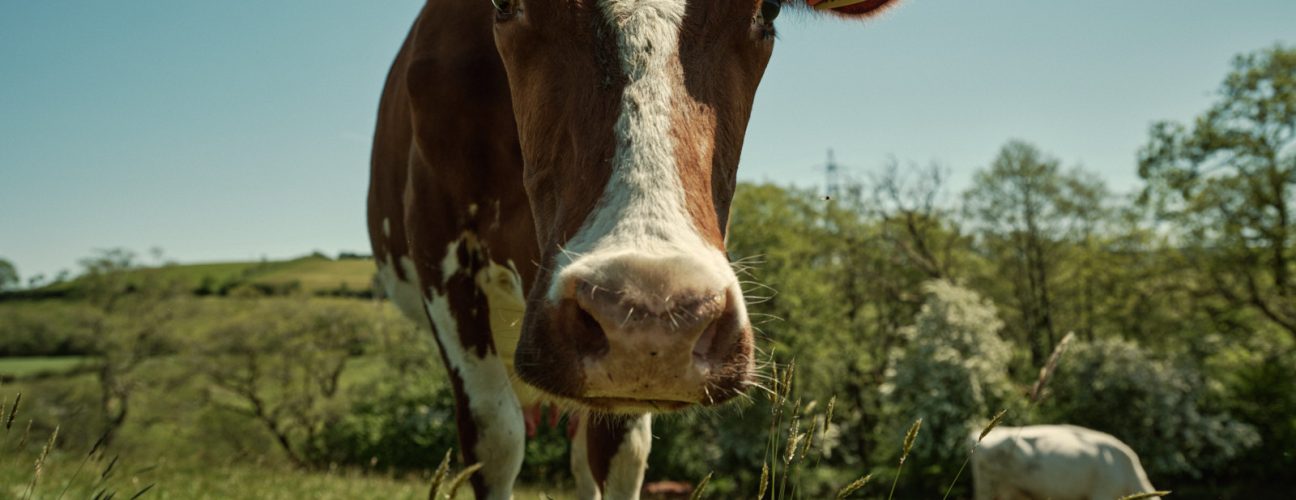Launch of new Trees for Livestock Health field lab learning network
Earlier this month saw the launch of new learning network from Innovative Farmers. Trees for Livestock Health will explore all the ways these plants can support animal health. It will feature a new field lab and plenty of opportunities for farmers to share ideas and learn together.
What is a field lab?
Field labs are practical, hands-on trials that are open to everyone. Working with a group of like-minded farmers or growers and a top researcher, you can get fast and thorough insights into new solutions to challenges facing your business. Field labs are co-designed by all participants, allowing them to collect robust data which is relevant to the real-world farming environment and easily transferable to their businesses.
Trees for Livestock Health is an expansion of Innovative Farmers’ popular field lab on feeding willow to lambs. “We had so much interest in the willow-focused field lab and the original network that this felt like the obvious choice for expansion,” says Farming Advisor Tabitha Acton, who’s coordinating the project.
In several field labs, farmers have shown a lot of interest in the relationship between agroforestry and wider livestock health and welfare – something the new learning network will explore further. “The network will focus on how trees can support all livestock, right across the scale from commercial down to rare breeds,” adds Tabitha.
Innovative Farmers has run over 150 field labs but learning networks are relatively new. They aim to offer extra opportunities for knowledge exchange and to reach more farmers over a wider geographical area. “It’s a UK-wide network and everyone’s welcome to join,” says Tabitha.
There are several ways you can get involved with Trees for Livestock Health. Innovative Farmers are inviting you to shape the network by filling in a short survey, where you can share your views, ideas for field lab topics and how you’d like to be involved. If you’d like to take part in the network or to share information on a similar project, you can email tacton@soilassociation.org.
Read full article